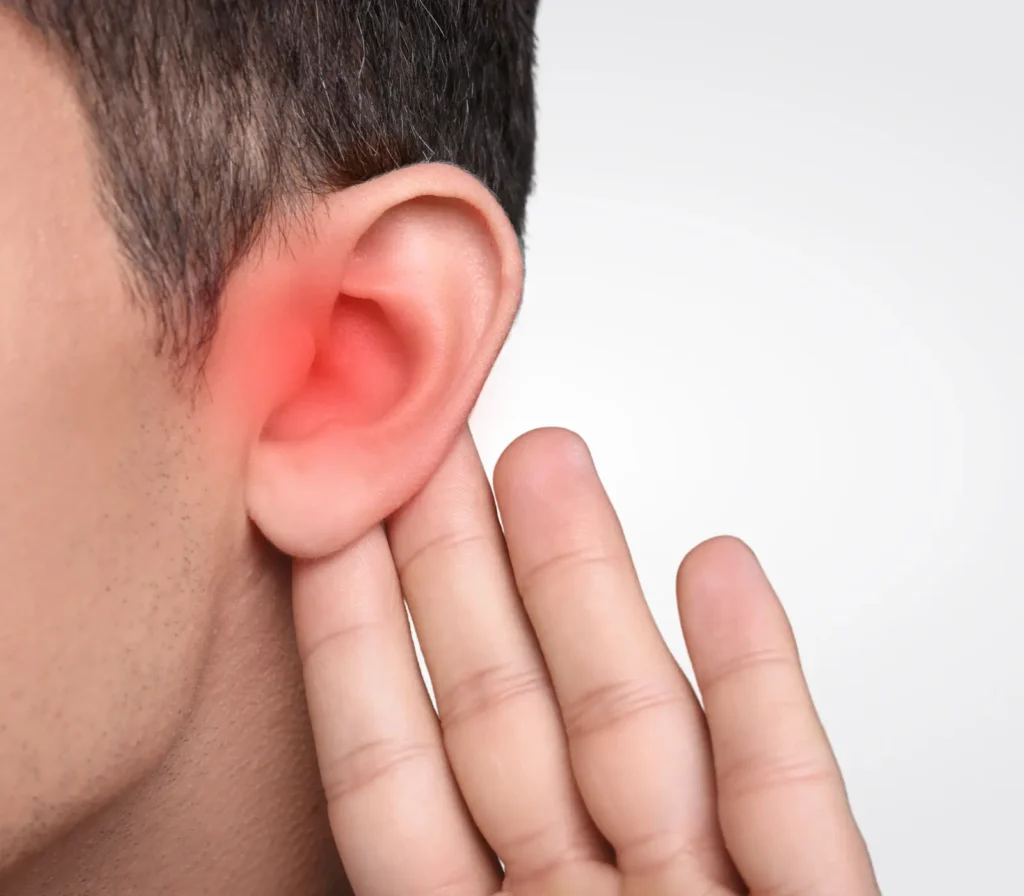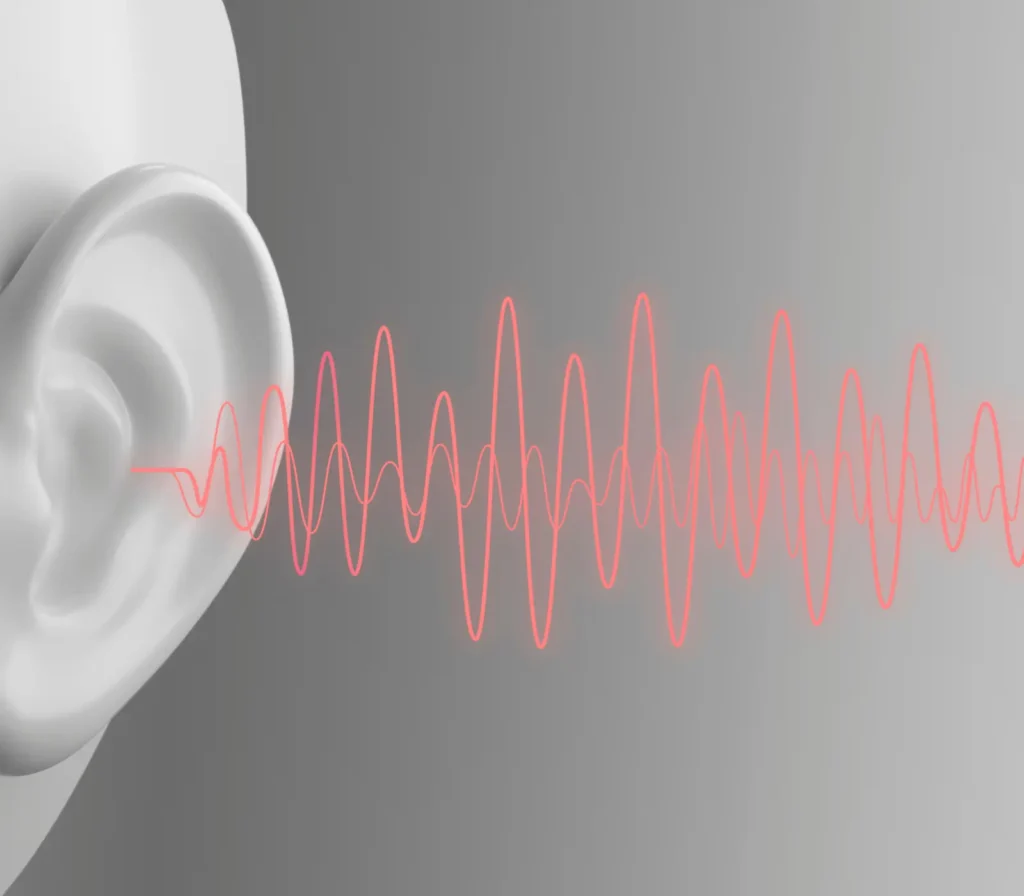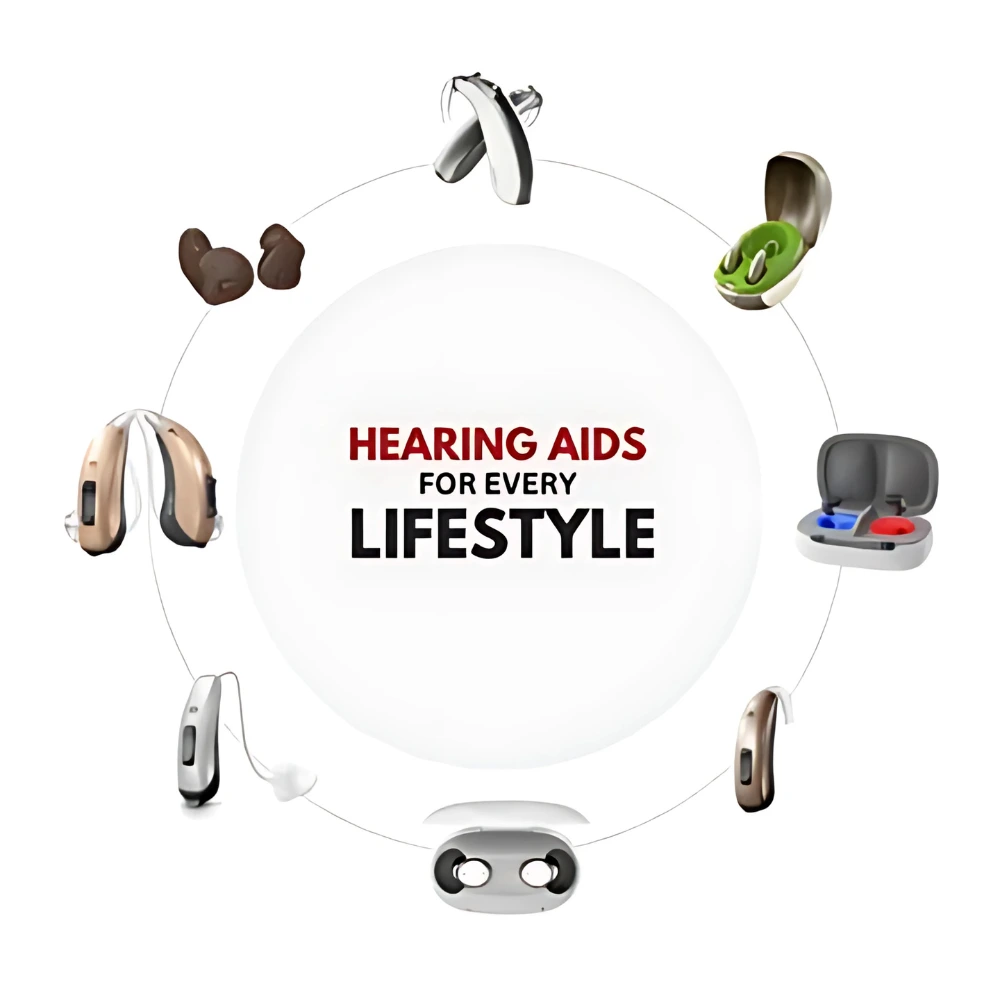Home » Hearing Loss
Understanding Hearing Loss
Hearing loss should not be a setback to the important experiences in life. Our mission at Quality Hearing Care is to provide qualified diagnostics and personalised treatment to help people of all ages get the right solution for hearing loss. Even when you are experiencing mild or severe hearing impairment, our team is here to guide you on your journey to better hearing.
Our highly qualified audiologists use the latest techniques to assess your needs and give solutions depending on your lifestyle. Take the first step today to reconnect with the world of sound.

What Is Hearing Loss?

Why It’s Important to Understand Hearing Loss

Mental Health
Untreated hearing loss may raise vulnerability to mental health complications such as anxiety, depression, and cognitive decay. Insufficient auditory perception can influence brain functioning and emotional stability, too. Furthermore, hearing loss can increase the risk of Alzheimer's & Dementia by up to 5x, underscoring the strong link between auditory health and cognitive function.

Social Isolation
When you struggle to hear conversations, especially in group settings, it’s natural to withdraw. Hearing impairment often makes people anxious about participation in social activities and family interactions.

Communication Barriers
Due to poor hearing, normal communication becomes a challenge, and one may end up misunderstanding conversations at home, in the streets, or at work. A hearing loss can psychologically affect personal relationships and confidence.

Academic/Work Impact
Children with a hearing impairment can experience delays in learning and speaking, whereas adults can have productivity problems or find it difficult to secure employment opportunities. By solving the hearing issues as early as possible, individuals secure better opportunities to cooperate both at school and in the workplace.
Other Health Connections and Risks
The image powerfully illustrates that hearing loss is connected to a multitude of other health conditions:
- Cardiovascular Disease (CVD): The ear can be a "window to the heart." The tiny, delicate blood vessels in the inner ear are highly sensitive to changes in blood flow. When cardiovascular disease, such as atherosclerosis (hardening of the arteries) or hypertension (high blood pressure), restricts blood flow, these vessels can be damaged, leading to sensorineural hearing loss.
- Diabetes: Individuals with diabetes are twice as likely to experience hearing loss compared to those without diabetes. For people with prediabetes, the rate of hearing loss is also significantly higher.
- Falling: Hearing loss is directly tied to a 3-fold risk of falling. Hearing plays a role in our spatial awareness and balance. When hearing is impaired, individuals may miss auditory cues from their environment that help them orient themselves and maintain balance. This is particularly concerning for older adults, as falls can lead to serious injuries and decreased independence.
- Chronic Kidney Disease (CKD): Moderate CKD is associated with a 43% increased risk of hearing loss.
- Hospitalization: Individuals with hearing loss are 32% more likely to be hospitalized. This could be due to a combination of factors, including increased health risks and difficulties in communicating with healthcare providers.
Common Signs and Symptoms of Hearing Loss
- Frequently asking others to repeat themselves
- Difficulty hearing in crowded or noisy places
- Increasing the volume of the TV or phone beyond normal
- Perceiving speech as muffled or unclear
- Struggling to follow group conversations
Types of Hearing Loss
Sensorineural
Conductive
Mixed
What Causes Hearing Loss?
Ageing
Noise Exposure
Infections & Injuries
Genetics
Neurological Causes
Drugs

What Should You Do If You Suspect Hearing Loss?
- Schedule a complete hearing assessment with a certified audiologist
- Discuss your symptoms and concerns openly
- Use our 10-minute Online Hearing Test as a preliminary step
FAQs
What are the main causes of hearing loss?
The most common causes of hearing loss include ageing, ear damage due to noise exposure, infections, and hereditary factors. Additionally, certain diseases that cause hearing loss or medications can contribute to auditory damage over time.
What are the stages of hearing loss?
Hearing loss is categorized into four stages: mild, moderate, severe, and profound. Each stage affects a person’s ability to hear and interpret sounds. Recognizing the characteristics of hearing impairment early helps prevent further decline.
Can I live a normal life with mild hearing loss?
Yes. Individuals with mild hearing loss can lead active, fulfilling lives with the right interventions. Hearing aids, lifestyle modifications, and communication strategies can significantly improve daily interactions despite hearing impairment.
Can I recover from hearing loss?
Recovery depends on the cause. Some hearing loss types, due to infections or wax, are reversible. Sensorineural hearing loss, linked to cochlear function and nerve issues, is typically permanent but manageable with devices and therapy.
What is a good hearing level?
A normal hearing threshold is between 0 and 25 dB. If you’re experiencing decreased hearing or hearing loss in one ear with no pain, it may signal underlying issues that require prompt professional evaluation.
Request Consultation


